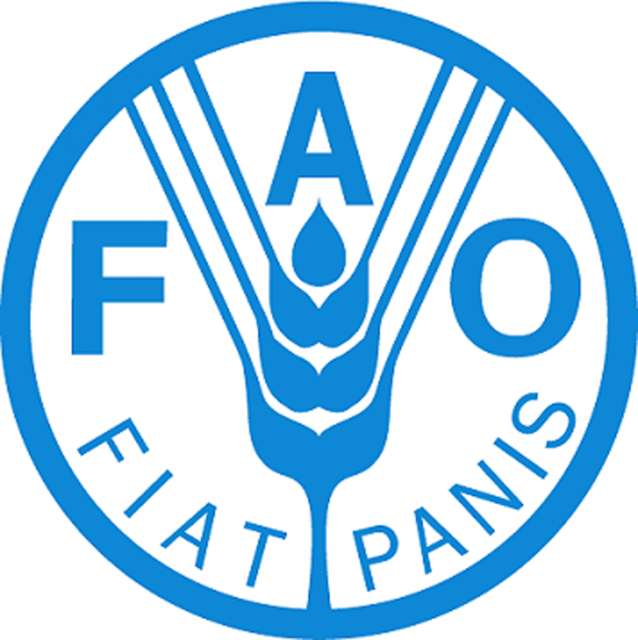The deal, he said, was to support developing countries in building sustainable food systems and inclusive agricultural value chains.
Since FAO`s South-South Cooperation initiative was established in 1996, China has been one of the major players in supporting Africa and other developing countries with expertise, inputs and techniques.
From 2008, China granted the FAO a 30 million-dollar facility to beneficiary countries in Africa, Latin America and Asia in support of agriculture development and food security.
In Africa, specifically, Chinese experts were deployed to about 20 countries, including Ethiopia, Nigeria, Liberia, Sierra Leone, Namibia, Malawi, Uganda and Senegal.
Bangoura noted that the technical support helped a great deal in ensuring increased yields in the production of food crops, including rice, millet, as well as horticultural products, aqua-culture, livestock farming, agriculture mechanization, food processing, marketing, storage and preservation.
In Nigeria, 574 experts and technicians were deployed to help the government in food crops production, thus helping to increase yields from one ton of rice per hectare to about four tons of rice per hectares, said the official.
In addition, Nigeria also had 5,000 fishing families benefiting from the Chinese technical assistance, particularly in cage fishing, thus helping to ensure food security and improving livelihoods.
Additionally, the Chinese provided new and modern technology for bee-keeping, (apiculture) and honey harvesting.
Similar stories run through all 20 countries that received technical assistance from the China government`s support through the FAO`s South-South Cooperation pact.
Besides providing high yielding seeds and equipment, China also supported the beneficiary countries through irrigation facilities and techniques, water harvesting and preservation to ensure an all-year round farming.
"With all these, what have been significant are the high breed seeds and seedlings, low-cost fish processing equipment, new techniques and technology, and direct contact between the Chinese officials and the African farmers."
"While food processing has increased, revenue to farmers and farmer households has also grown positively, with improved seed, modern agriculture machinery also being introduced and training for local farmers," Banguora stated.
Due to the successes chalked in these countries, all of them (about 20 beneficiary countries) have asked for a continuation of the programs for their people to deepen agriculture development and food security, the official told Xinhua.
The reason for this success, he noted, was that Chinese South-South cooperation took into account priority sectors.
"It is demand-driven and also has demonstrations, introduction of farm input and machinery, seed, technique, so it is a whole package," he said.
According to him, the African governments are also not able to meet their side of the bargain fully as some are not able to provide basic accommodation, local partnering experts as well as fields for demonstration farms to ensure the success of the projects.
He therefore expressed the hope that the new 50 million-dollar support to African, Asian and Latin American countries would deepen the successes chalked so far.
"The cooperation between China and Africa through the FAO South-South Cooperation program is one that I will recommend for all African countries, although there are similar projects including a triangular program with other partnering countries," Banguora added.
More about:















































